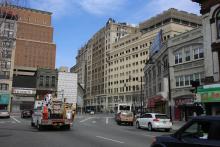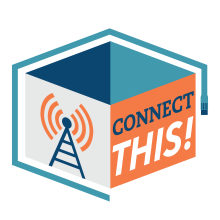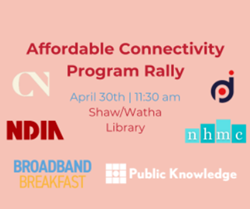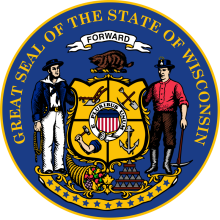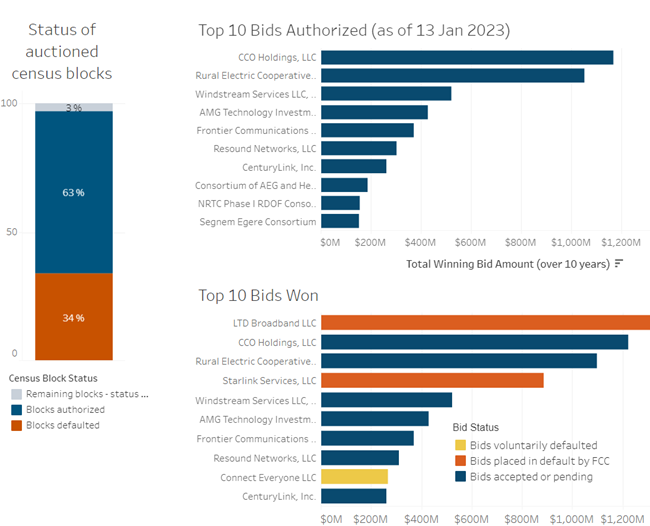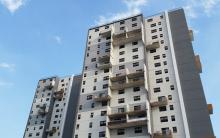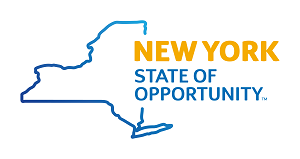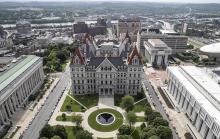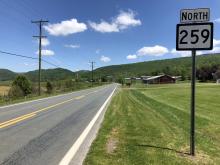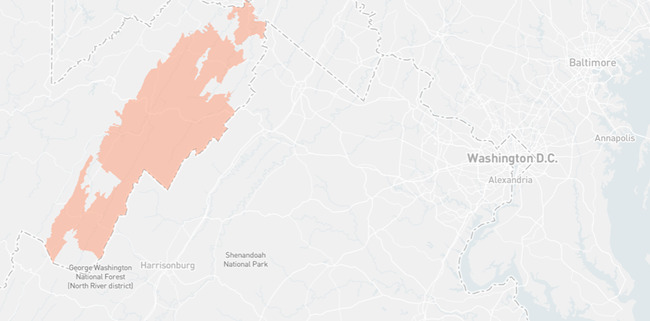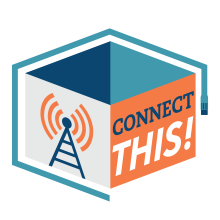As ACP Collapses, Newark Takes The Lead On Affordable Access
Newark, New Jersey is taking full advantage of its city-owned fiber network to expand affordable broadband access – with a particular eye on helping the city’s least fortunate.
Driven by past successes with city-owned fiber and Wi-Fi, Newark has announced the city is significantly expanding the availability of $20/month broadband service to numerous Newark Housing Authority (NHA) apartment buildings.
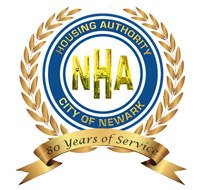
This latest partnership with Adrena leans heavily on Newark Fiber, a 288-strand city-owned fiber network. Launched in 2016, the network has steadily been expanded to connect anchor institutions. But it’s also been a cornerstone of the city’s efforts to revitalize and assist many lower income – and long neglected – Newark neighborhoods.
“Nine percent of Newark families lack computers and about 20 percent of the city doesn't have an in-home broadband connection,” Aaron Meyerson, Chief Innovation Economy Officer & Director of Broadband for the City of Newark told ILSR.


